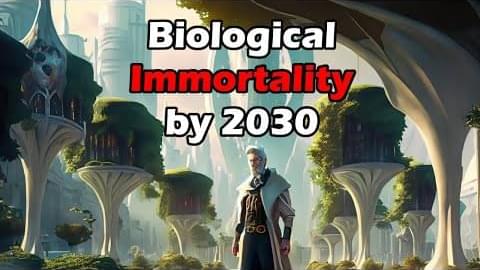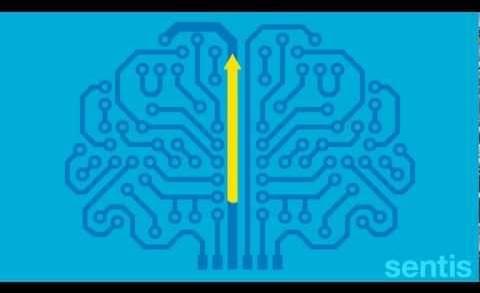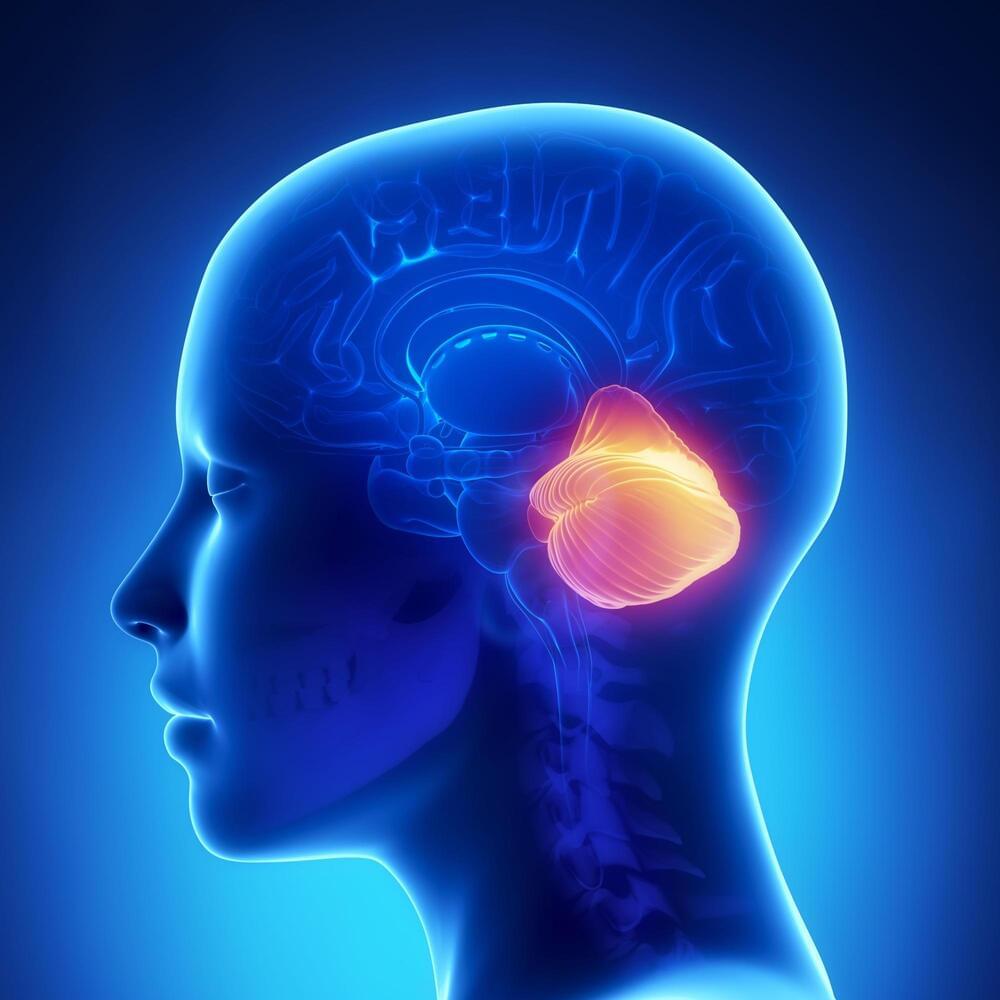
Brain networks are often represented by graph models that incorporate neuroimaging data from MRI or CT scans to represent functional or structural connections within the brain. These brain graphs can be used to understand how the organ changes over time.
Traditionally, however, these models treat the brain graphs as static, which can miss or ignore underlying changes that could signal the onset of disease or neurological disorders.
A collaborative team of researchers led by Lifang He, an assistant professor of computer science and engineering at Lehigh University, recently received a $1 million grant from the National Science Foundation, with $300,000 going to Lehigh, to develop new methods for modeling the dynamics of brain graphs using artificial intelligence that will generate more accurate, interpretable, and fair predictions when it comes to disease.

















